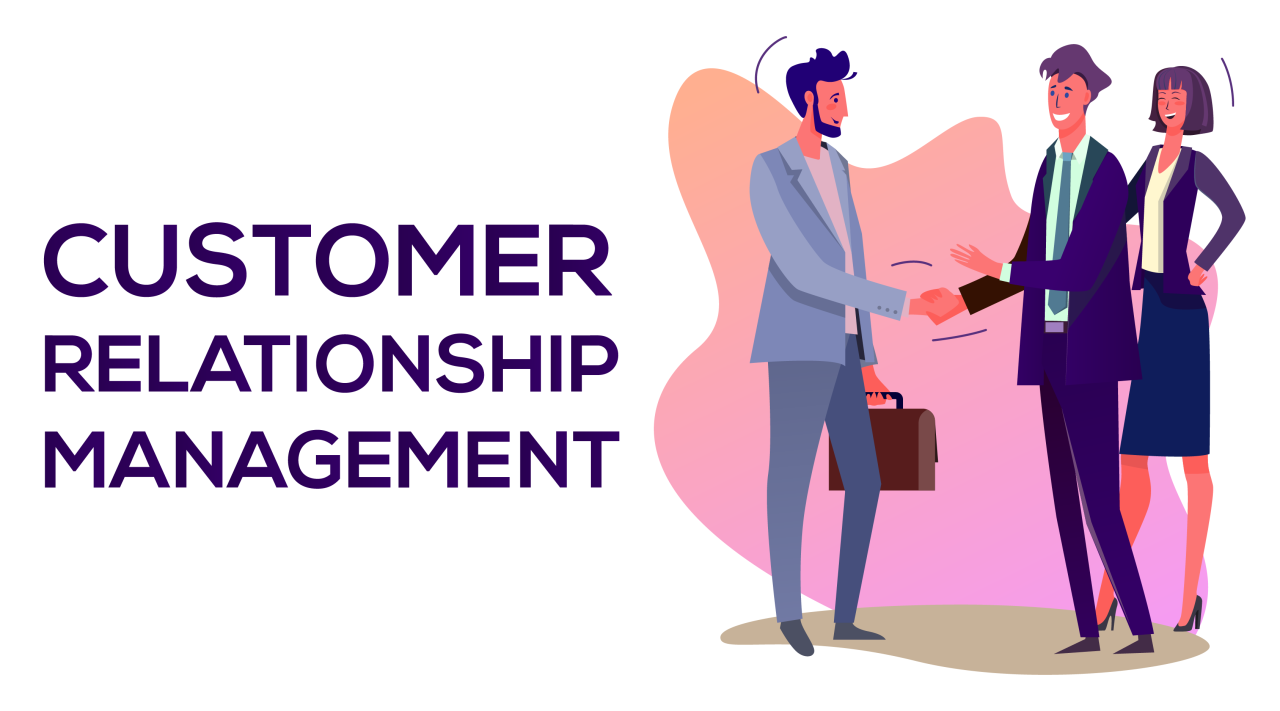Customer Relationship Management (CRM) is no longer a nice-to-have; it’s a fundamental necessity for businesses of all sizes. In today’s competitive landscape, simply acquiring new customers isn’t enough. Building lasting relationships with existing clients is crucial for sustained growth, brand loyalty, and ultimately, profitability. Effective CRM implementation isn’t just about software; it’s about a strategic approach to understanding and engaging with your customers at every touchpoint. This article will explore key strategies for building and leveraging a robust CRM system, demonstrating how it can transform your business. Customer Relationship Management is the cornerstone of success in the modern era.

Understanding the Core Principles of CRM
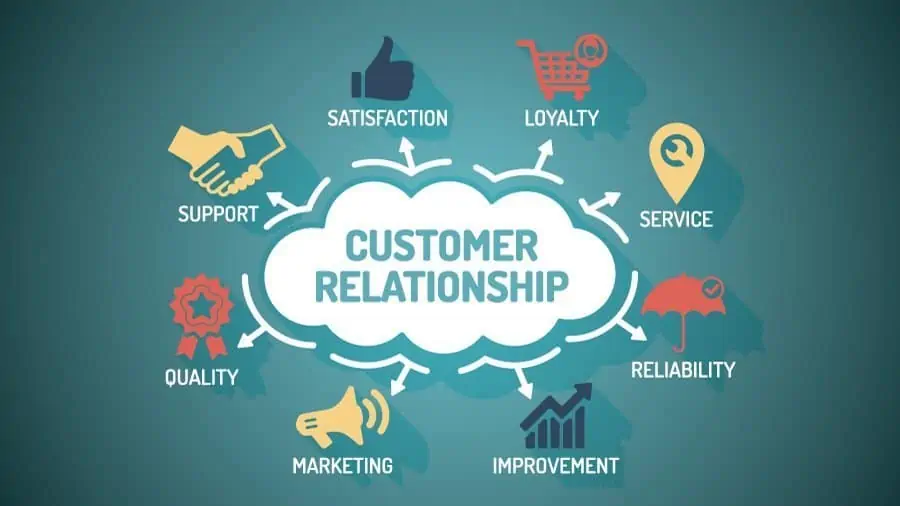
At its heart, CRM is about more than just storing customer data. It’s about creating a centralized platform to manage all interactions – from initial inquiries to post-sales support – and leveraging that data to personalize experiences and drive business outcomes. The core principles revolve around understanding your customers, anticipating their needs, and delivering exceptional service. Without a clear understanding of your customer journey, you’re essentially flying blind. A well-defined CRM strategy begins with a deep dive into your target audience – their demographics, buying behaviors, preferences, and pain points. This foundational knowledge is essential for tailoring your CRM efforts to resonate with each individual customer segment.
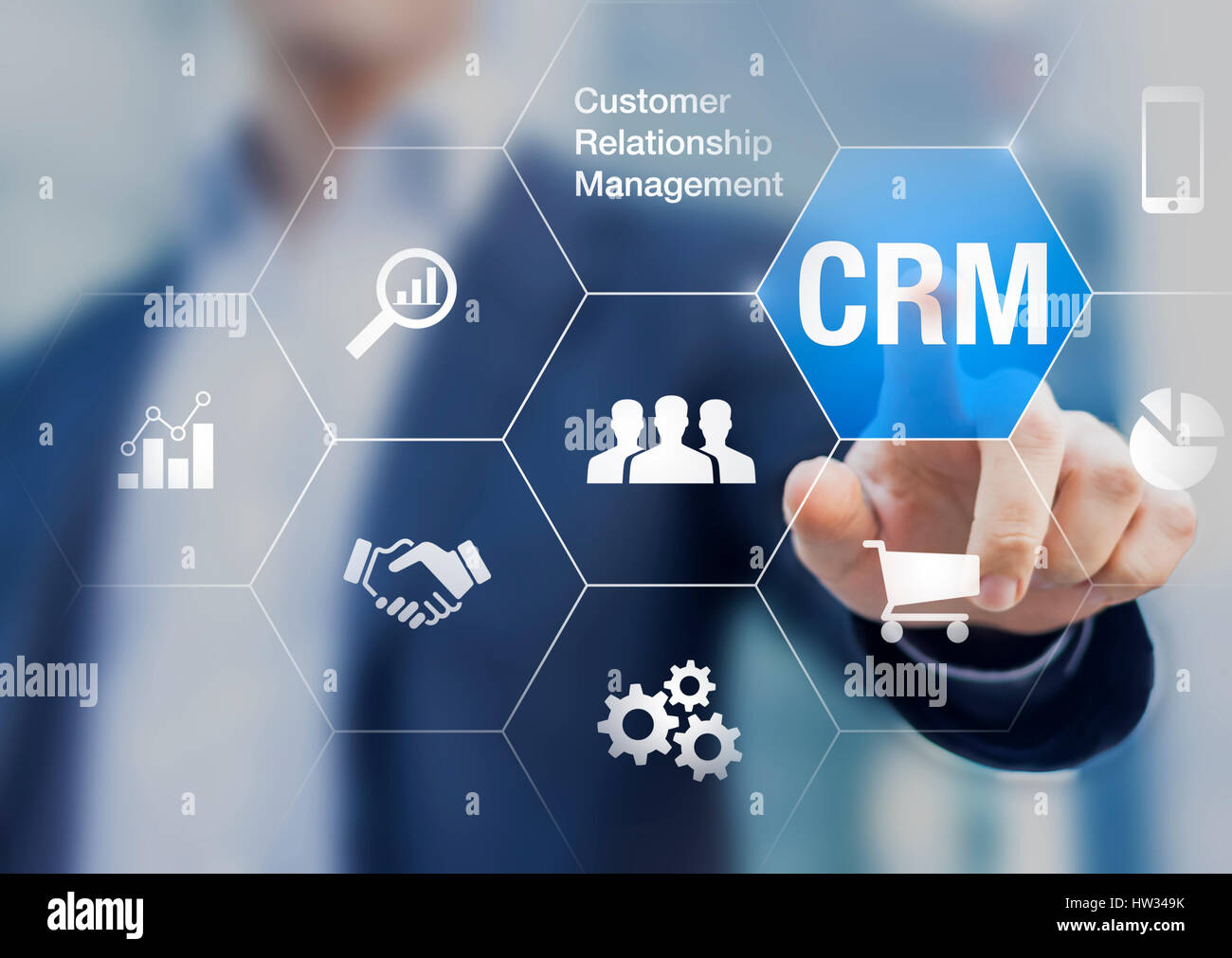
The Benefits of a CRM Implementation
The advantages of implementing a CRM system are numerous and far-reaching. Beyond simply streamlining processes, CRM offers a significant competitive edge. Here’s a breakdown of key benefits:

- Improved Customer Service: CRM provides a 360-degree view of each customer, allowing your team to quickly address inquiries, resolve issues, and personalize support. This leads to increased customer satisfaction and loyalty.
- Increased Sales Productivity: By automating tasks like lead tracking, follow-up emails, and sales forecasting, CRM frees up your sales team to focus on closing deals.
- Enhanced Marketing Effectiveness: CRM allows you to segment your audience, personalize marketing campaigns, and track campaign performance, resulting in higher conversion rates.
- Better Data Analysis & Reporting: CRM systems generate valuable data insights into customer behavior, allowing you to identify trends, measure ROI, and make informed business decisions.
- Increased Revenue: Ultimately, all these benefits contribute to increased revenue and profitability.
Implementing a CRM System: A Step-by-Step Guide
Transitioning to a CRM system doesn’t have to be daunting. Here’s a practical guide to get you started:

- Define Your Goals: What do you hope to achieve with a CRM? Are you focused on improving customer service, increasing sales, or streamlining marketing efforts? Clearly defined goals will guide your implementation.
- Choose the Right CRM: Research different CRM platforms – Salesforce, HubSpot, Zoho CRM, Microsoft Dynamics 365 – and select one that aligns with your business needs and budget. Consider factors like scalability, ease of use, and integration capabilities.
- Data Migration: Gather and cleanse your existing customer data. This is a critical step to ensure accurate and reliable information within your CRM. Data migration tools can automate this process.
- Customize Your CRM: Tailor the CRM to your specific business processes. Configure fields, workflows, and automation rules to match your unique needs.
- Train Your Team: Provide comprehensive training to your team on how to use the CRM effectively. Ensure everyone understands how to access customer data, manage interactions, and utilize the system’s features.
Segmenting Your Customer Base for Targeted Marketing
A crucial element of effective CRM is the ability to segment your customer base. Instead of sending generic marketing messages to everyone, segment your audience based on demographics, purchase history, engagement levels, and other relevant factors. This allows you to deliver highly targeted campaigns that resonate with specific groups of customers.
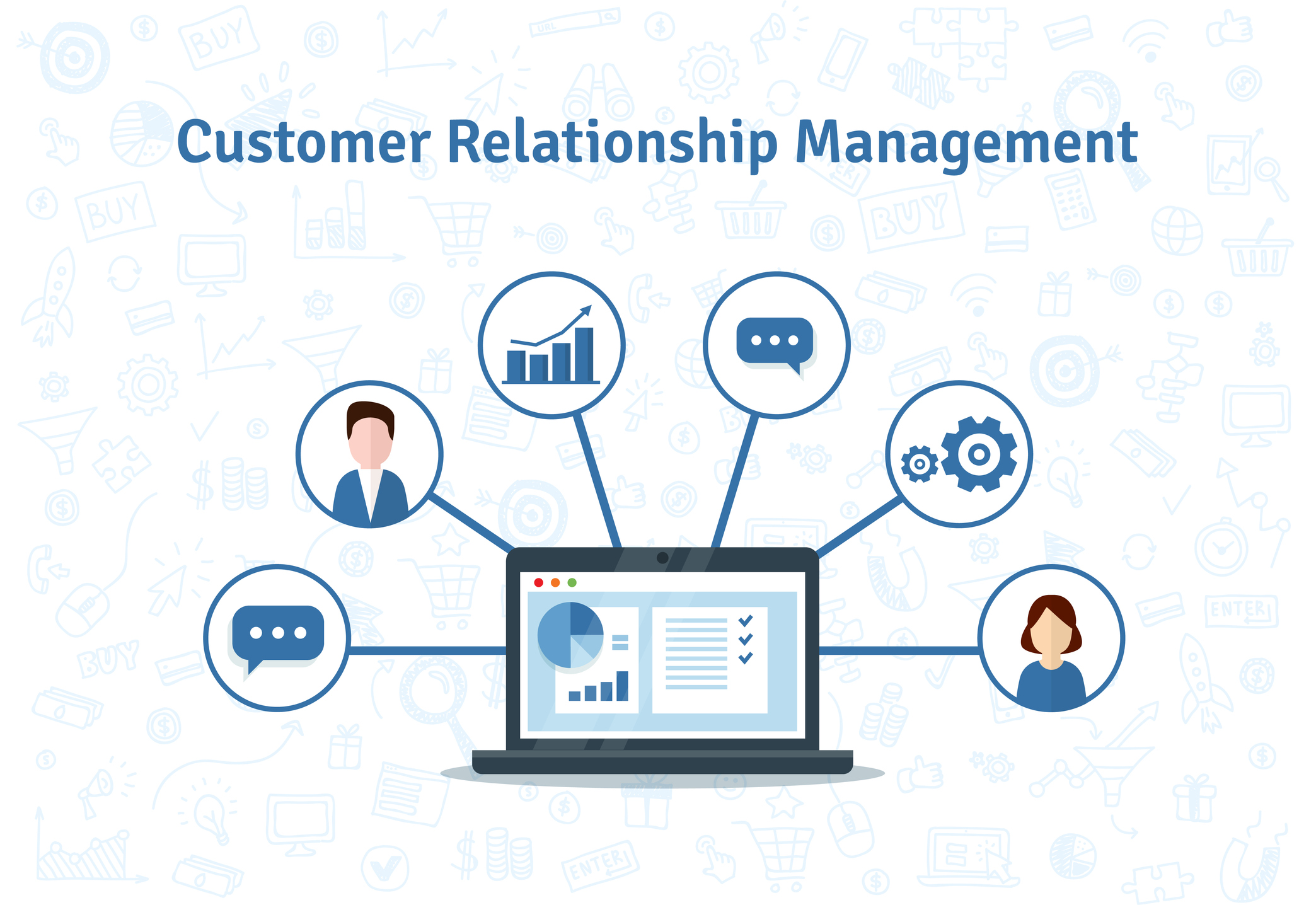
For example, a retailer might segment customers based on their past purchases, preferred product categories, and loyalty program status. A B2B company could segment customers by industry, company size, and sales cycle length. The more granular your segmentation, the more effective your marketing efforts will be.
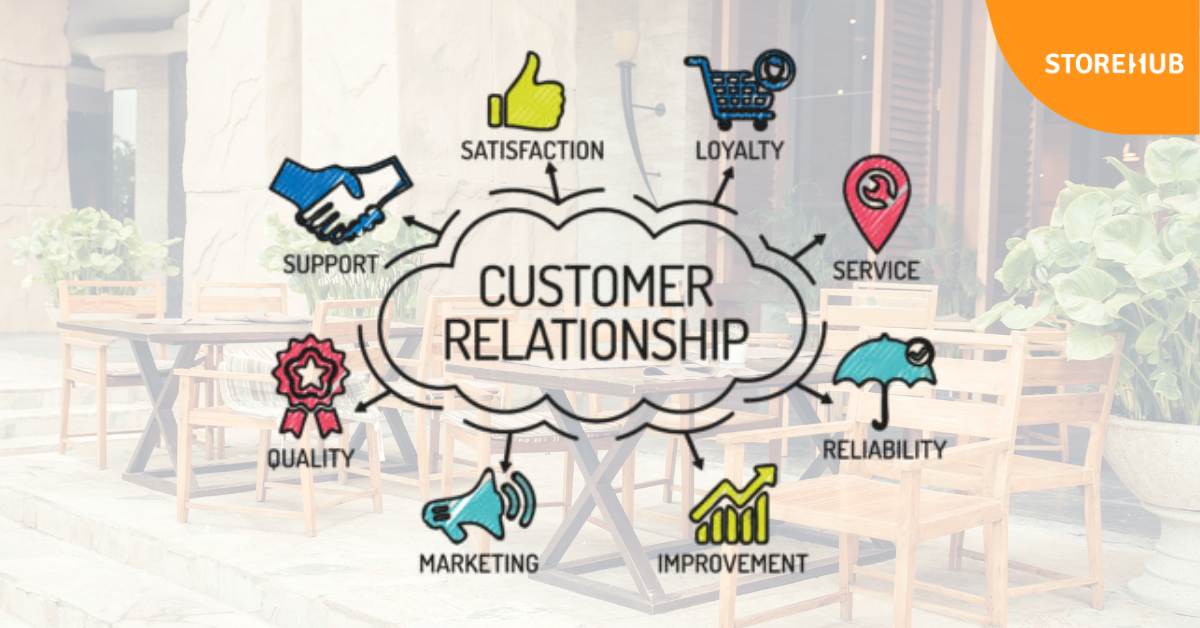
Leveraging CRM for Customer Service Excellence
Exceptional customer service is a direct result of a well-managed CRM. Here are some ways to leverage CRM to enhance the customer service experience:
- Automated Ticket Routing: Automatically route customer inquiries to the appropriate agent based on the issue type.
- Knowledge Base Integration: Provide agents with quick access to a centralized knowledge base of solutions to common problems.
- Personalized Responses: Use CRM data to personalize responses to customer inquiries, showing that you understand their specific needs.
- Proactive Support: Identify potential issues before they escalate and proactively reach out to customers.
The Role of Data Analytics in CRM Success
CRM systems are more than just databases; they’re powerful data analytics tools. By analyzing customer data, you can gain valuable insights into customer behavior, identify trends, and make data-driven decisions. Key metrics to track include:

- Customer Acquisition Cost (CAC): How much does it cost to acquire a new customer?
- Customer Lifetime Value (CLTV): How much revenue will a customer generate over their relationship with your business?
- Churn Rate: The rate at which customers stop doing business with you.
- Net Promoter Score (NPS): A measure of customer loyalty and satisfaction.
Using these metrics, you can identify areas for improvement and optimize your CRM strategy to maximize customer lifetime value.

Conclusion: Embracing the Power of CRM
Customer Relationship Management is no longer a luxury; it’s a strategic imperative. By implementing a robust CRM system, understanding your customers, and leveraging data analytics, you can transform your business and achieve sustainable growth. Customer Relationship Management is an ongoing process, not a one-time project. Continuous monitoring, analysis, and optimization are essential to ensure your CRM remains a valuable asset. Investing in a CRM system is an investment in your future success. Ultimately, a well-executed CRM strategy will lead to increased customer satisfaction, loyalty, and revenue. Don’t underestimate the power of building genuine relationships – it’s the key to long-term success in today’s competitive market.
